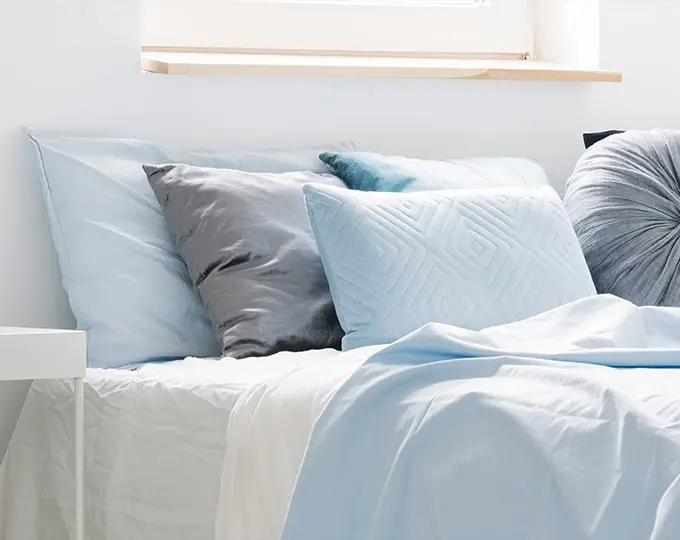When it comes to choosing paint colour for your bedroom walls, it can certainly feel a little challenging to know which to go for, after all, it’s a pretty big decision. The colours you choose, not just for the walls, but the furnishings and accessories too, can significantly have an impact on your mood.
Read on to discover all you need to know about room colour psychology and the best colours to use in your bedroom.
